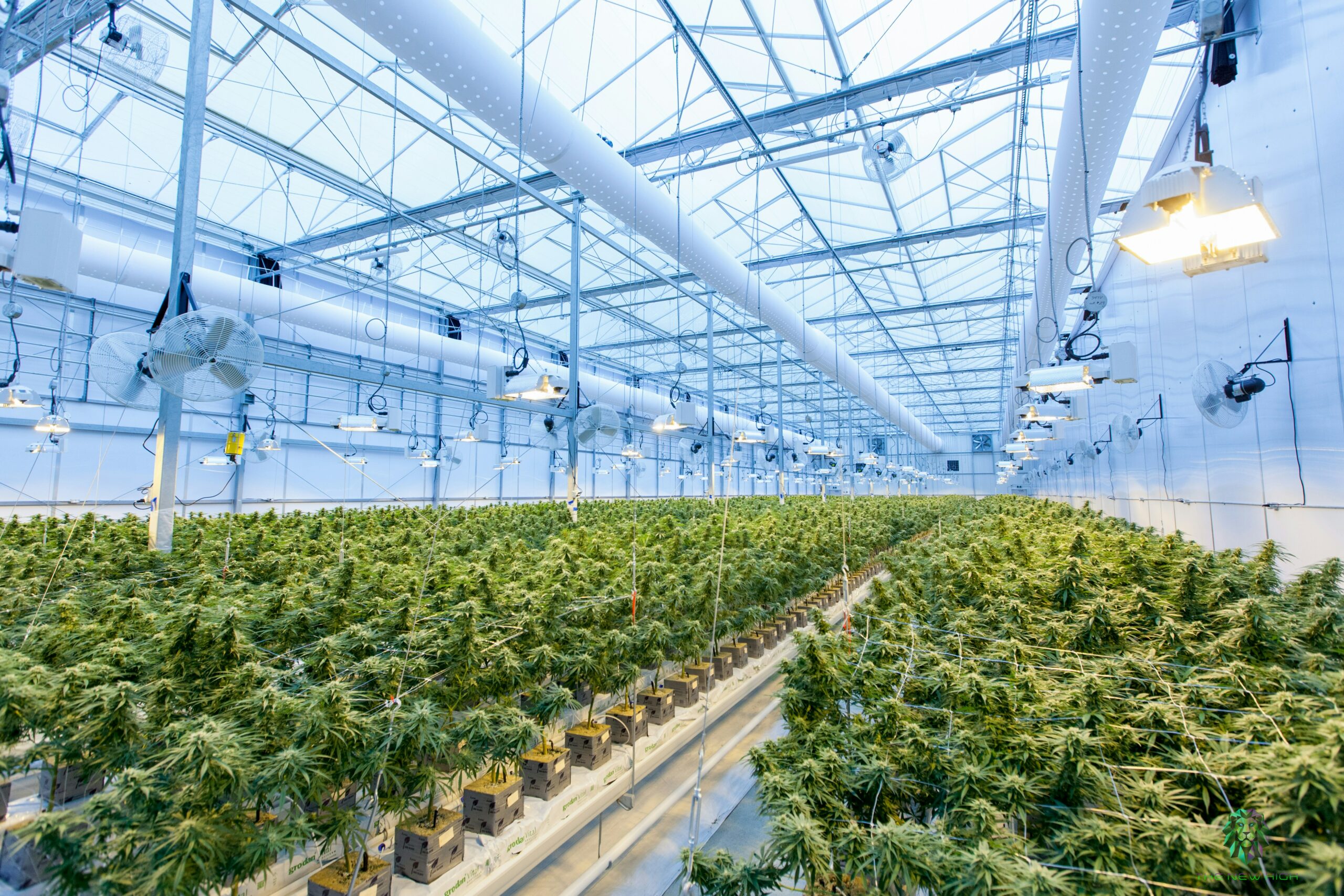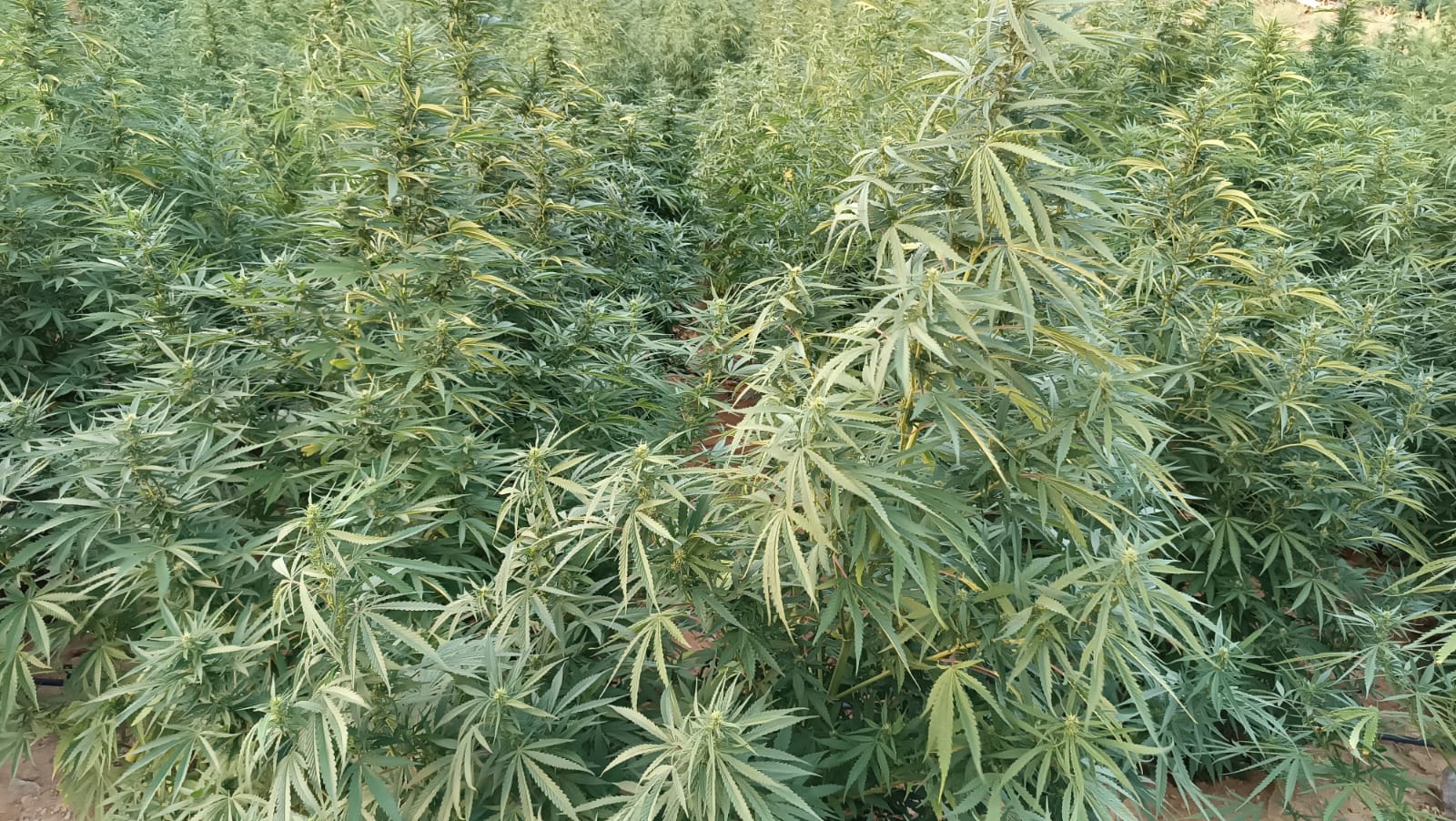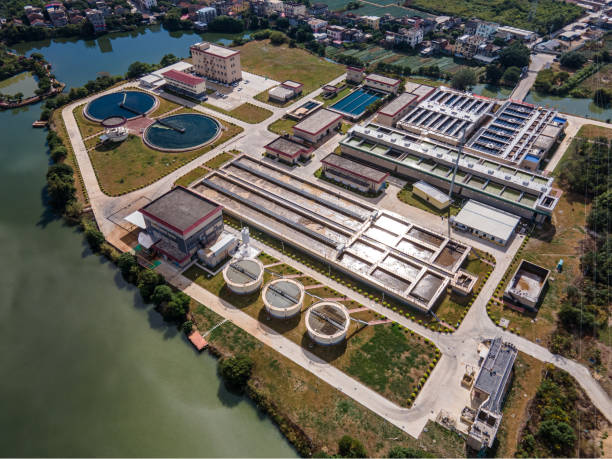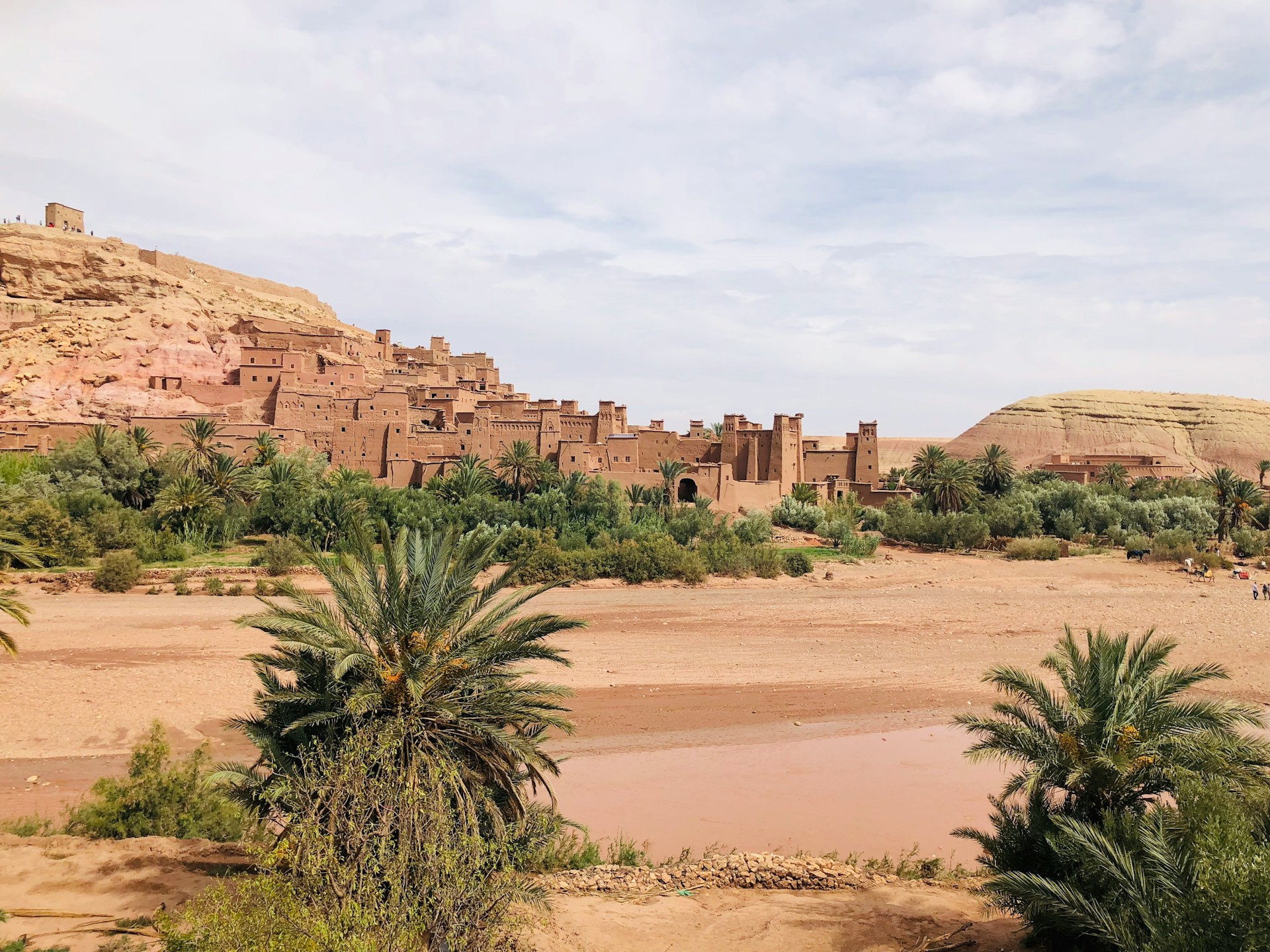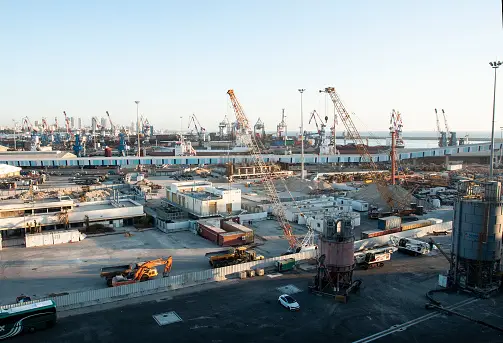Casablanca – In a bold stride towards modernizing its pharmaceutical landscape, Morocco has embarked on softening regulatory conditions for the approval of cannabis-derived medicines.
Under the guidance of Health Minister Khalid Ait Taleb, the Ministry of Health and Social Protection has unveiled a comprehensive bulletin, outlining the prerequisites and documentation essential for market authorization (AMM). This proactive initiative underscores Morocco’s commitment to effectively oversee this burgeoning sector, ensuring both safety and efficacy in the production and distribution of cannabis-based pharmaceuticals.
With a blend of legislative clarity and assertiveness, Morocco has crafted a nuanced regulatory framework for the market entry of medicines derived from a once clandestine plant, now recognized for its therapeutic potential: cannabis. These regulations aim to establish a clear path forward, hinting at the potential for “Moroccan-made cannabis” to make a significant impact on the global pharmaceutical stage.
Far from venturing recklessly into uncharted territory, the ministry’s regulatory bulletin meticulously outlines the contours of a market that, ideally, will not lead the national economy into speculative bubbles. Anchored in Law 13.21 concerning the legitimate uses of cannabis and Law 17.04, Morocco demonstrates its readiness to embrace the global medical cannabis market, leveraging its robust infrastructure and investor-friendly policies, particularly in the wake of Decision 1297-22, which specifies permitted THC thresholds.
The circular aims to facilitate the introduction of products intended for human use containing over 1% THC, the psychoactive component of cannabis. These medications will undergo rigorous extraction from various parts of the plant, ensuring standardization and pharmaceutical quality.
As comprehensive as a literary classic, the circular details two distinct procedures for obtaining AMM. One follows a conventional route, while the other, streamlined and efficient, underscores a rigorous yet streamlined approval process for cannabis-based preparations. This opens avenues for various pharmaceutical forms, from sublingual solutions to topical ointments, promising a new era of alternative therapies for Moroccan patients and potentially for the European market.
A feasibility study conducted by the Ministry of the Interior, with an eye on the promise of substantial revenues, reveals enticing projections: medical cannabis could yield significant returns by 2028, provided Morocco secures a notable share of the European market.
With this advancement, the Kingdom affirms its commitment to promoting an innovative and secure healthcare framework while exploring the economic growth potential represented by therapeutic cannabis, both domestically and on the global stage.
In conclusion, Morocco, balancing tradition and modernity, law enforcement, and economic development, reaches out towards a herb whose virtues are no longer in doubt, aiming for a future where cannabis-based pharmaceuticals play a significant role in healthcare innovation and economic prosperity.






